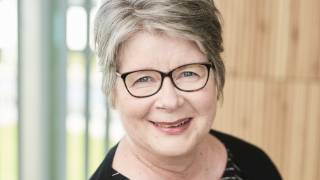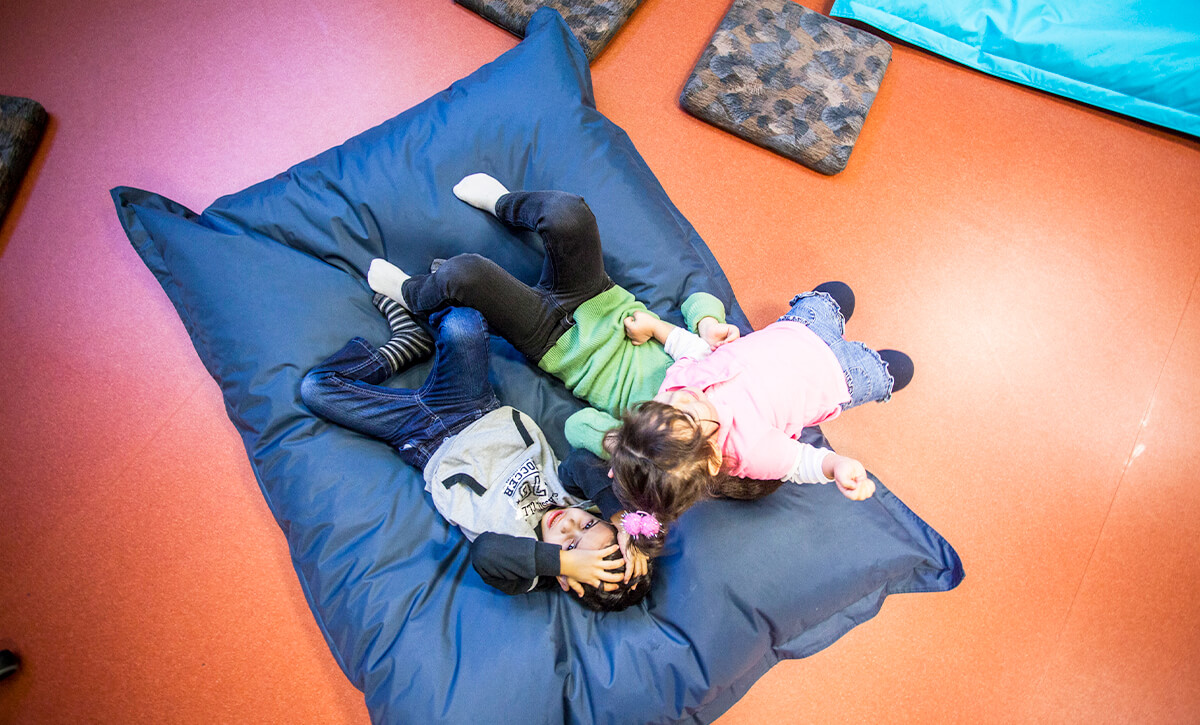In 2022, we transferred to a post-pandemic hybrid mode which combines working and teaching both on campus and remotely. Much-awaited encounters and fruitful discussions among colleagues on the campuses increased. We implemented a strategic communal development project of the faculty, which outlined the shared desired future in the field of education by 2040 and the steps that are required to achieve it. The report of the project, conducted together with the Finland Futures Research Centre (FFRC) at the University of Turku, will be published in spring 2023.
Much-awaited encounters and fruitful discussions among colleagues on the campuses increased.
Strategic development and collaboration projects
In spring, the research at the Unit of Education was assessed as part of the University’s international research assessment exercise. The assessment provided us with guidelines for developing our research potential. The increase in our external research funding in the past years was noted in the assessment. Two new projects funded by the Academy of Finland were launched at the faculty, as was the Future School of Comprehensive Well-Being (SCHOOLWELL) consortium, funded by Academy of Finland’s Strategic Research Council, in which we participate as a partner. An internationally distinguished postdoctoral researcher joined our faculty as the result of an active MSCA Postdoctoral Fellow recruitment campaign. Both the volume and the quality of our publishing activities are showing an upward trend.
The faculty received strategic development funding from the University for promoting internationalisation. An outward mobility programme was implemented with the funding, as well as a pilot visitor programme for experienced researchers’ visits at the faculty. Internationalisation was also supported by our researchers’ active participation in the Global Innovation Network for Teaching and Learning (GINTL) programme.
Both the volume and the quality of our publishing activities are showing an upward trend.
Active collaboration in education at national and international levels
The faculty collaborated with partners to draw up the first European-level curriculum for circus teacher training in Youth and Social Circus Arts – an innovative and inclusive education for Europe, a joint Erasmus+ consortium project for European universities and circus schools. We actively participated in ECIU University’s Teacher Education Working Group. Our collaboration with the upper secondary schools in Tampere continued. The pilot project Sustainable Development in Curriculum paved the way for curriculum design in 2024–2027 by modelling the UN Sustainable Development Goals as part of curriculum design.
Degree targets achieved
The share of education students who graduate within the target time has increased annually. The target numbers of degrees in the field of education agreed with the Ministry of Education and Culture were also achieved at all levels of education. We are an active operator in continuous learning. Several national and international continuing education projects for education professionals were implemented in 2022.
In autumn, Tampere University applied for the educational responsibility of special education and special education teacher training from the Ministry of Education and Culture. The University was granted the educational responsibility in early 2023. The new education will begin in autumn 2024.
Sustainable development plays an important role
2022 marked the 60th year of operations for the Tampere University Teacher Training School. The school started a process to apply for the Sustainable development certification of educational establishments from the OKKA Foundation. Collaborative research, experimentation and development activities focused on sustainable development, digitalisation, strengthening the support for learning, and developing learning environments. International activities, including student and teacher mobility, were restored in many projects. In addition, research collaboration related to, for example, gamification and immersion was strengthened, as was collaboration with working life stakeholders.
Collaborative research, experimentation and development activities focused on sustainable development, digitalisation, strengthening the support for learning, and developing learning environments.
For the Language Centre, 2022 was the first full year as part of the Faculty of Education and Culture. The organisational change has gone smoothly. The new curriculum, revised in 2021, was introduced in spring. Pedagogical development focused on implementing the new course units at both team and teacher levels.

Päivi Pahta
Dean
Find out more about the Faculty at our website.
Faculties’ statistics (pdf).
Highlights from 2022
The Faculty of Education and Culture welcomed its new professors with an inaugural lecture event.
Circus comes to the University: Circus++ project creates a curriculum for teacher training in youth and social circus arts.
Tampere University gets eight projects in new SRC programmes.
All news items concerning the Faculty of Education and Culture are available here.

